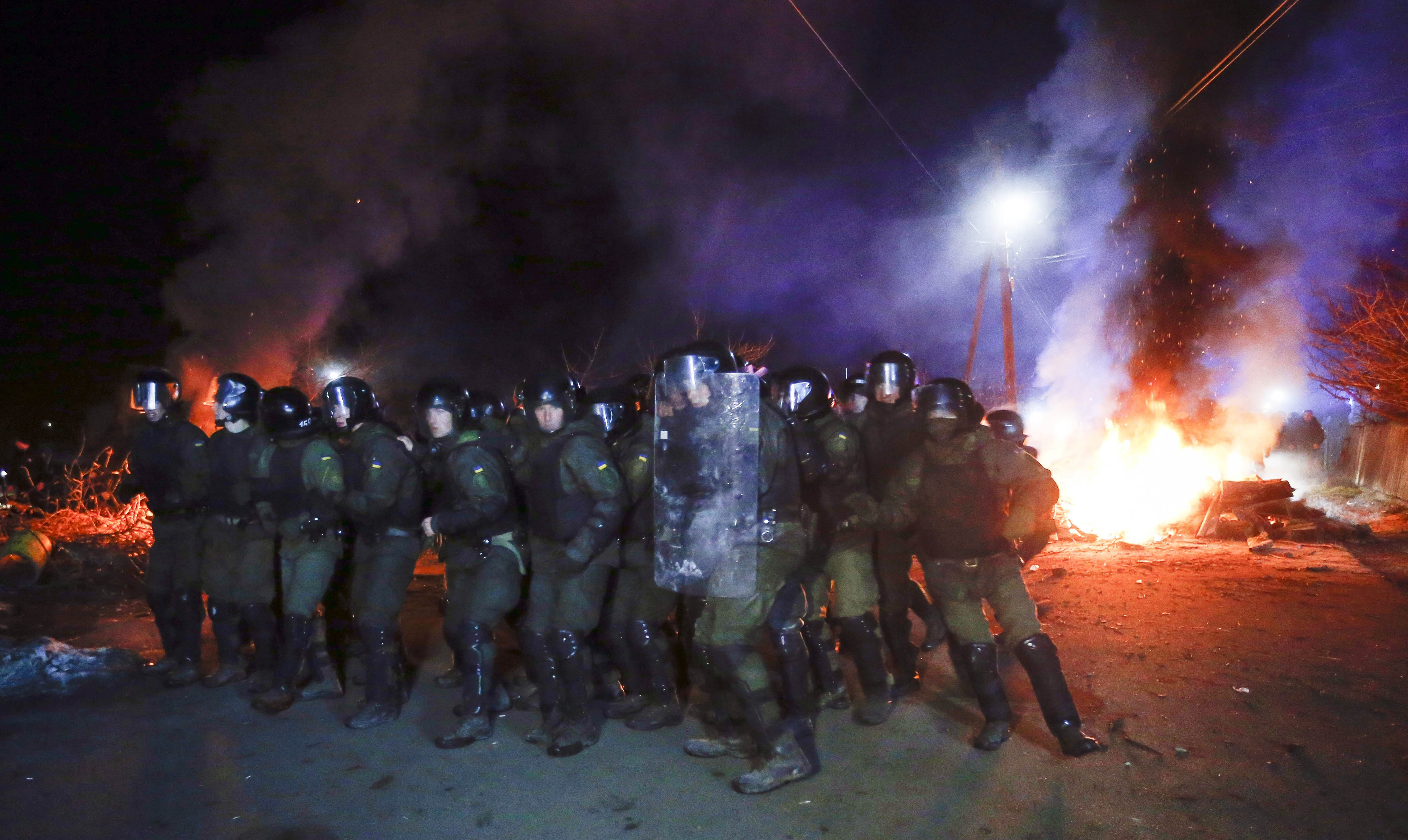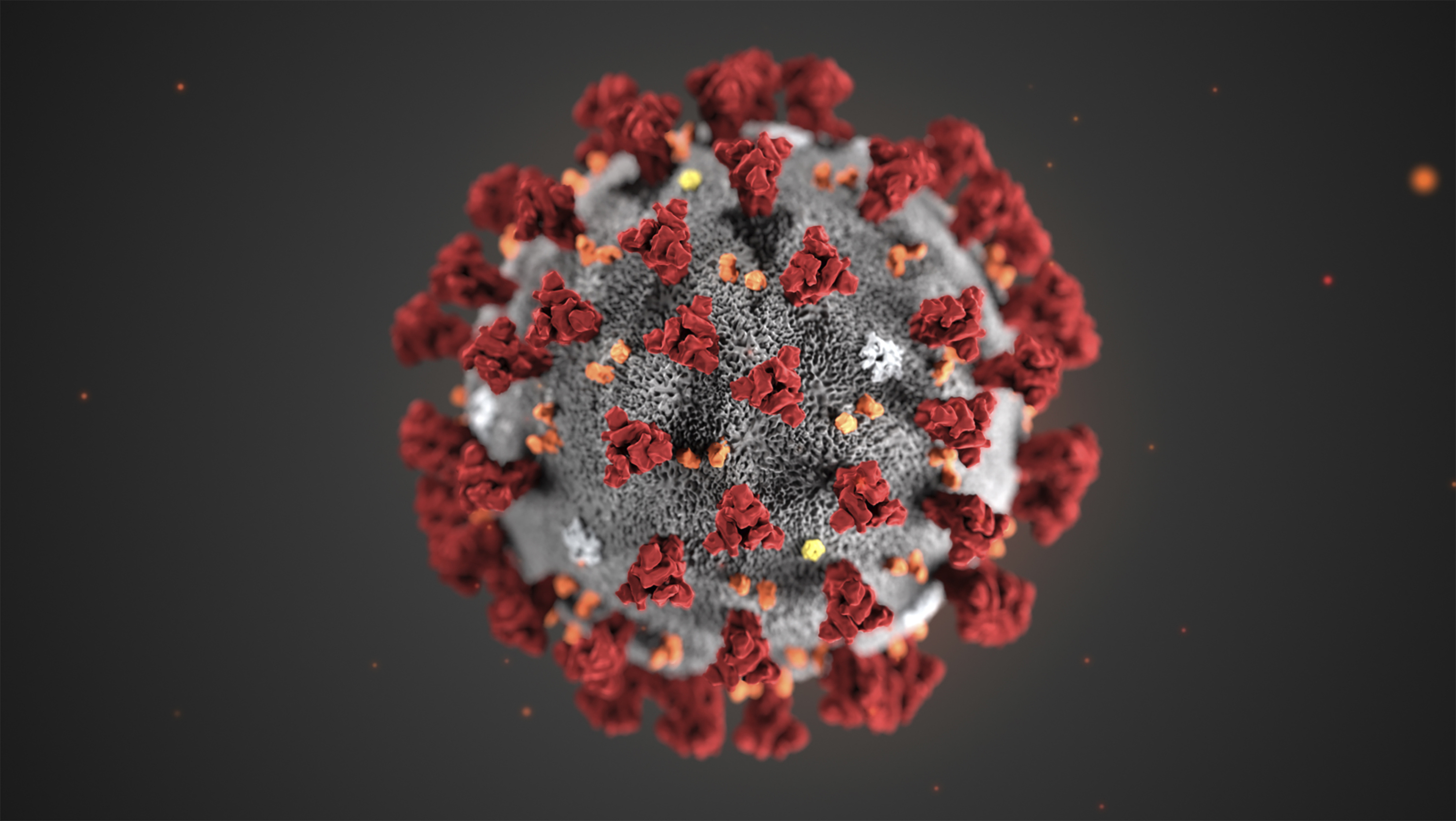China reported another fall in new virus cases Friday as health officials expressed continued optimism over containment of the outbreak that has caused more than 2,200 deaths but has grown elsewhere.
Containment of the illness has been a struggle far from the epicenter in central China. South Korea's capital banned street rallies and the government sent help to a city where cases have surged. Hong Kong reported a new infection in a police officer.
Newly reported infections in China have fallen for days, although changes in how health authorities have counted cases have muddied the true trajectory of the epidemic.
"The downward trend will not be reversed," Ding Xiangyang, deputy chief secretary of the State Council and a member of the central government’s supervision group, said on Thursday.
China's count of 889 cases in the previous 24 hours brought its total to 75,465. The 118 newly reported deaths raised the total to 2,236. More than 1,000 cases and 11 deaths have been confirmed outside the mainland.
Officials have been sacked in hardest-hit Hubei province and other areas after more than 500 cases were diagnosed in prisons, Justice Ministry official He Ping told reporters at a daily briefing.
Confirmed Coronavirus Cases
Source: NBC News, staff reports
He and other public security officials reiterated that legal measures would be brought against those defying demands to wear masks and other containment measures.
China last week began recording cases without waiting for laboratory results, causing a significant spike in cases. But on Thursday it returned to counting only lab-confirmed positive cases and discounted some cases where the lab tests came back negative. The changes are sure to aggravate observers who say consistency is key to understanding COVID-19’s path.
On Thursday, South Korea reported its first fatality from the virus and Japan said two former passengers of the Diamond Princess cruise ship had died. With more than 600 cases, the ship had the most cases outside China.
Hong Kong counted its first case in a police officer, increasing its total to 69 cases with two deaths.
The 48-year-old officer who tested positive had been at a dinner Tuesday with 59 other police officers, who were placed in quarantine, the force said on its Facebook page. It also urged officers to pay attention to hygiene to reduce the risk of transmission.
Iran reported two more deaths, bringing the total deaths to four and cases to eighteen.
In Australia, two people who were flown back home as the 14-day quarantine on the Diamond Princess was about to end tested positive for the virus despite clearing multiple screenings before the flight.
"It's possible more people could develop positive tests over the next few days," Australian Chief Medical Officer Brendan Murphy said.
The two new cases take the total number in Australia to 17. Of those, 10 people have recovered.
Some 170 Australian passengers, most aged in their 60s and 70s, will be quarantined for an additional two weeks after leaving the Diamond Princess.
Japanese Health Minister Katsunobu Kato told reporters that Australia, like the U.S., brought home a mixture of passengers who had tested negative and others whose status was unclear, "therefore it is difficult to immediately jump to conclusion over when or how they had contracted the virus."
Kato said passengers who returned home on U.S. and Australian flights had left before completing the Japanese quarantine process, which began Wednesday and ends Friday.
Associated Press writers Eileen Ng in Kuala Lumpur, Malaysia, and Mari Yamaguchi in Tokyo contributed to this report.



